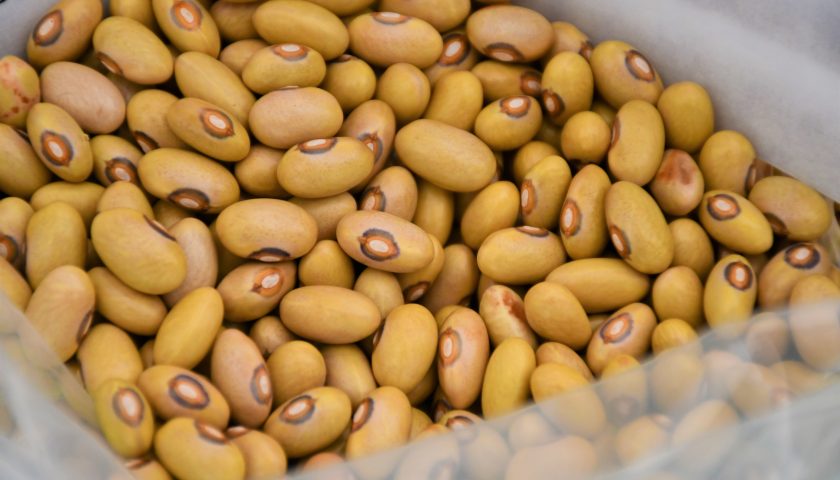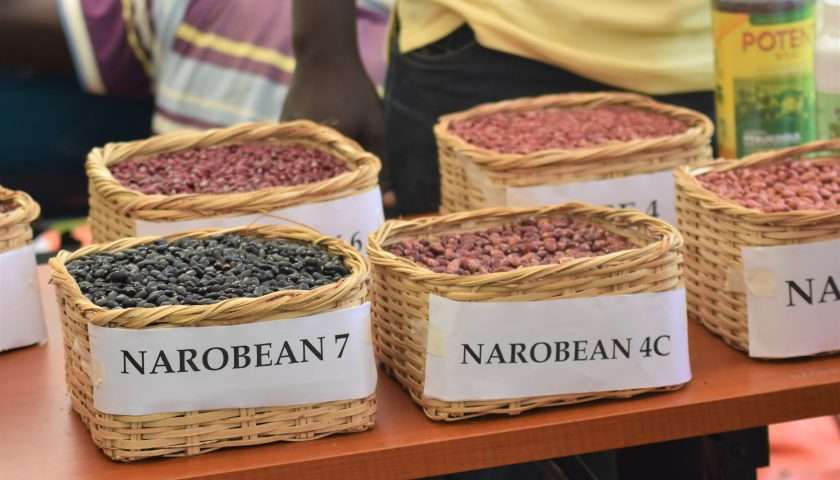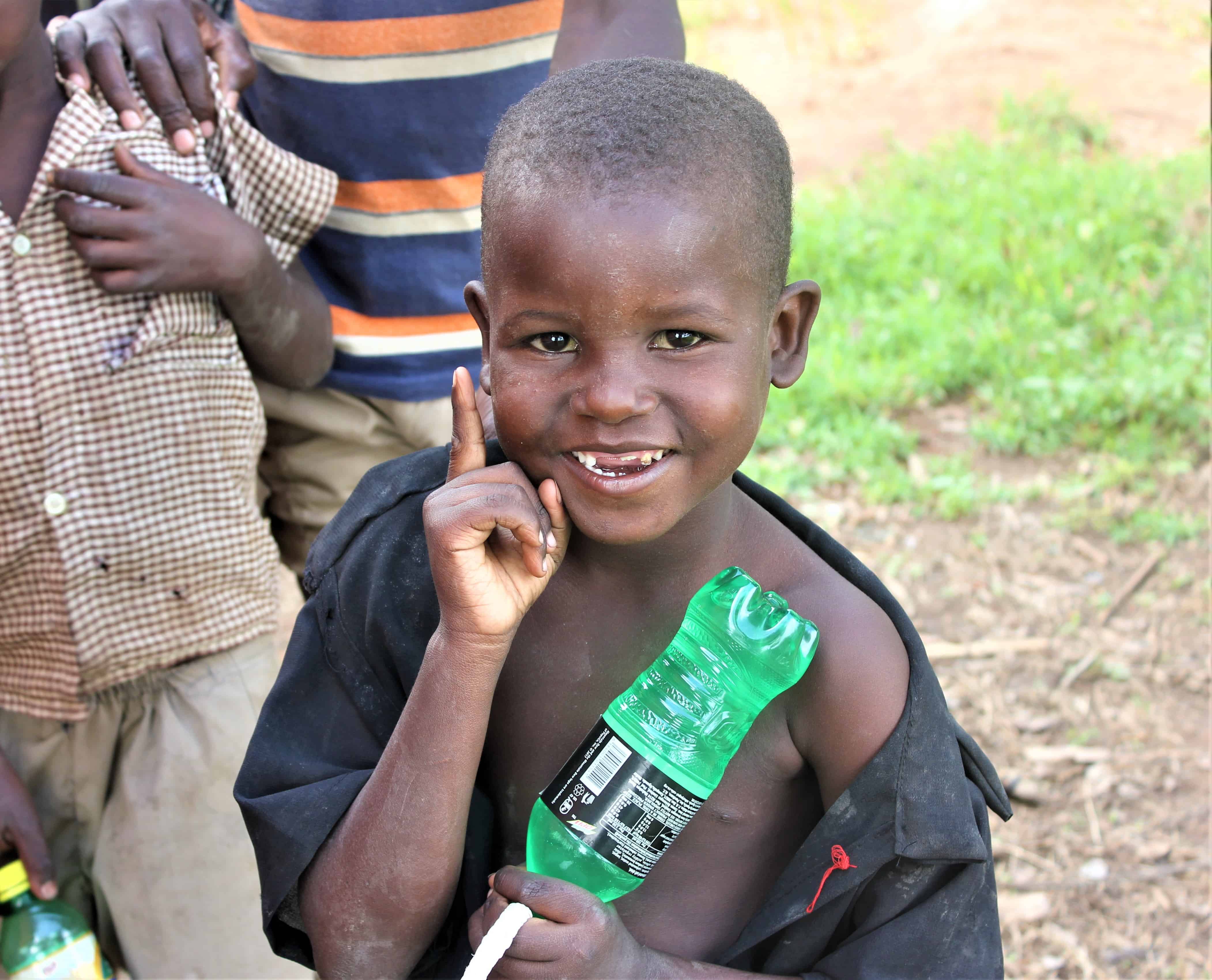‘’Growing up, I had the mindset that beans even though you just scatter them in the garden they will sprout and grow up to the time of their harvest,’’ Tabu Kazimiro, 40, a farmer in Vurra Sub County in Arua district says.
Kazimiro says for the last ten years, he has relied on the idea to help feed his family. His case is however, not spared. Many other farmers in the same area share similar thoughts.
Sartleta Dedibo, 42, a mother of nine and a resident of the same sub-county says she has relied on mixed farming over the years. Dedibo who owns up to two acres of the land says she used to buy bean seeds from the shop and plant them on about half an acre reserving the other space for other crops including maize and cassava.
Moving on, although the strategy seems to have been effective, Kazimiro cites several challenges he has faced from this. Like the other farmers, he finds it difficult to generate enough produce to fetch him reliable income.
‘’The quality of the beans are also usually not good and not enough to help me with other issues like paying my kids fees because you can hardly sell off any seeds. All of it is eaten at home,’’ Kazimiro who is one of the 240 farmers that benefited from NARO’s intervention to promote the production of bio fortified bean says.
He says he is now committed to utilising the skills acquired from scientists to increase his acreage to large scale production. With this, he also hopes to see his standard of living transformed.
Boosting Farmers’ capacity
Through this intervention, each farmer was allocated one kilogram of NARO bean seeds to plant and multiply. Under normal circumstances, a kilogram yields up to 15kgs.
According to Dr. Pamela Paparu, a scientist at the National Crops Resources Research Institute (NaCRRI), they received a grant from the African Union and the Government of Uganda CGS grant in December 2018 with an aim of empowering bean farmers across five districts in the country.
The project meant to end in 2021 was pushed to 2023 following the outbreak of the coronavirus in the country. She however, says in the districts they have been to so far, all farmers were given improved bean varieties for planting on top of taking them through rehearsals of proper agronomic practices including timely weeding.
‘’The key activities of the project include demonstration of bio fortified beans and best practices, analysing of the harvested beans quality and post-harvest handling. In Asedu demonstration farm in Vurra sub county for example, the farmers jointly planted beans and maintained the different varieties to learn the process of growing beans on small scale pieces of land.’’
‘’Farmers in West Nile do not weed frequently which makes it difficult to achieve good yields. So we told them to weed three times a season for better yields compared to the traditional method of weeding once a season. We also taught them how to plant beans in a row and we asked them to replicate these learned skills in their farms,’’ Papaya says.

In addition, she says farmers were also encouraged to apply the use of fertilisers including NPK triple 17 ahead of organic manure to help boost their soil fertility. Similarly, she said they were told to venture in using treated seeds to be in position to fend off pest and disease attacks.
On occasions when spraying is needed, she said farmers were told the exact pesticides and fungicides to use and also guided on the quantity and number of times to apply these chemicals.
Papaya says improved beans are rich in iron and zinc enough to help improve on the well-being and health of farmers and their dependents. The varieties are also very high yielding compared to the local ones.
As a result, she implores farmers to increase access to seeds by multiplying those they were given for planting. She says this will help promote sustainability.
Meanwhile, Nancy Anguparu the production officer of Vurra Sub County commends the role NARO has played in skilling local farmers. She says the demonstration farms will equip farmers with skills in a bid to boost their household incomes.
Anguparu says those who are trained will receive timely visits from the area extension workers to help remind and advise them on what should be done to preserve food security. She however, urged them (farmers) to extend first priority to their families and feed their children well enough before selling off their produce.


